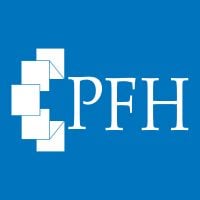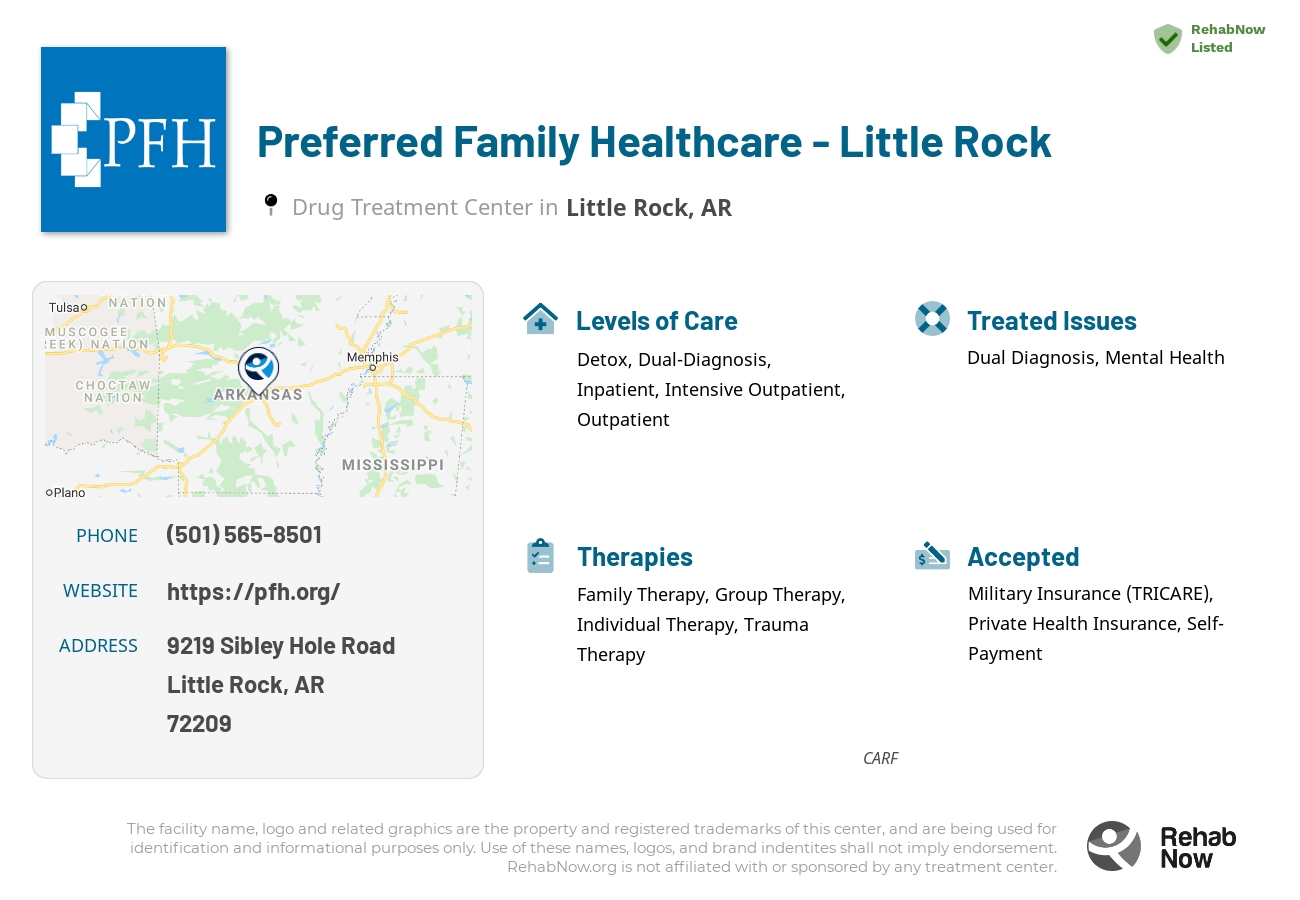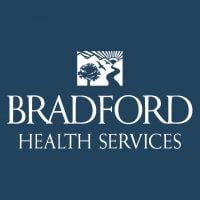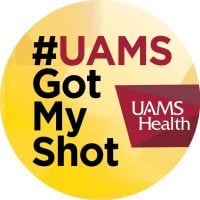Preferred Family Healthcare - Little Rock
Drug Rehab Center in Little Rock, Arkansas
Preferred Family Healthcare - Little Rock is a community health center in Arkansas offering comprehensive services for mental health and addiction treatment, with a goal to provide the best possible care for their patients' recovery and rehabilitation.
About This Arkansas Facility
Preferred Family Healthcare - Little Rock is a comprehensive community health center located in Little Rock, Arkansas, offering a variety of services for mental health and addiction treatment. Their goal is to provide comprehensive, high-quality care to their patients, helping them to make progress towards their goals of recovery and rehabilitation. The facility offers a wide range of treatments, from individual and group therapy to medication management and outpatient services. Their care teams are composed of both professional and peer counselors who are dedicated to providing the best possible care for their patients.
At Preferred Family Healthcare - Little Rock, they offer a number of services specifically designed to assist those suffering from addiction and substance abuse. Their addiction treatment program helps patients to identify and overcome their challenges, while also providing them with the tools they need to stay sober. Additionally, they offer a variety of cognitive-behavioral interventions, as well as other therapeutic approaches, designed to help patients develop better coping skills and manage their triggers. They also provide relapse prevention services, helping to identify potential triggers and providing strategies to avoid them.
Preferred Family Healthcare - Little Rock is fully accredited by the Joint Commission and has been recognized for its outstanding service and quality care by the Arkansas Department of Mental Health and Substance Abuse. The facility is also certified as a Trauma Informed Care Facility, meaning that their staff is specially trained to provide compassionate and understanding care to those dealing with trauma. In addition, Preferred Family Healthcare - Little Rock is an active member of the National Network of Depression Centers, providing evidence-based treatment for those suffering from depression and other mental health issues.
Genders
Ages
Modality
Additional
Accreditations

CARF
The Commission on Accreditation of Rehabilitation Facilities (CARF) is a non-profit organization that specifically accredits rehab organizations. Founded in 1966, CARF's, mission is to help service providers like rehab facilities maintain high standards of care.
Conditions and Issues Treated
There are different kinds of Dual Diagnosis:. A person who simultaneously experiences both a mental illness and an addiction disorder. Or, a person who experiences one or more coexisting (simultaneous) mental health conditions in addition to a primary substance use disorder.
The treatment requires a multi-disciplinary approach, it’s crucial for individuals to partner up with a healthcare provider who understands all the recovery components.
Levels of Care Offered at Preferred Family Healthcare - Little Rock
This center offers a variety of custom treatment tailored to individual recovery. Currently available are Detox, Dual-Diagnosis, Inpatient, Intensive Outpatient, Outpatient, with additional therapies available as listed below.
Detox is the stage of recovery where the drugs or alcohol are entirely removed from your body. There are two different ways to detox, with medications and without. For many drugs and alcohol, the acute phase of detox can be completed in a number of days.
Inpatient treatment is the most intensive level of care, and it’s necessary for those who aren’t able to control their addiction. These patients also must be drug-free before attending inpatient programs .
During inpatient treatment, addicts live at an inpatient facility 24 hours a day while receiving help. This type of program is generally recommended for those who need to go through detoxification or who are struggling with serious addiction-related issues.
An Intensive Outpatient Program (IOP) is a form of drug treatment that allows individuals to receive the therapy they need while remaining in their homes and community.
An IOP is typically 3-5 days per week, at least 4 hours each day of treatment. Treatment can last for a few months or longer, depending on the situation.
An IOP is a step down from an inpatient treatment center and can be used as a step down from an inpatient stay or as a more intense form of outpatient treatment. IOPs allow for the flexibility to continue working and living at home while still meeting treatment demands.
The outpatient programs in Little Rock, AR are for those addicted drugs or alcohol. The goal of the outpatient rehabilitation program is to make them stop abusing drugs or alcohol, reduce drug use or addictive behaviors, and become entirely sober. It is generally required to attend the outpatient program for 10-12 hours every week.
Patients can be administered on-the-spot medication to ease withdrawal symptoms such as anxiety, increased heart rate, and even depression. Groups such as Alcoholics Anonymous (AA) and Narcotics Anonymous (NA) can be used as a part of outpatient treatment to help maintain sobriety.
Therapies & Programs
People in addiction recovery can benefit from individual therapy. This type of therapy involves meeting with a therapist one-on-one. This allows for a personal and trusting relationship to be built so that the patient can be truly themselves and express any emotions they feel. Individual therapy leads to greater understanding and peace about your triggers for addiction and coping strategies to prevent relapse.
Family therapy is a type of group problem-solving that aims to improve communication and relationships between the patient, their family, and sometimes friends. The main goal of family therapy for drug addiction is to create an environment where communication can occur without judgment, hostility, or blame. The therapist is with the family as they learn to communicate with each other differently, especially with the addict when s/he is using.
Group therapy sessions are held in rehab facilities, clinics, churches or community centers that offer drug addiction treatment. People who attend these groups are encouraged to voice their feelings and support other addicts in recovery. This helps group members strengthen their own recovery program while cheering on others who are struggling with sobriety.
Group therapy sessions provide recovering addicts with a chance to cope with everyday situations that many face. Group therapy sessions are held in rehab facilities, clinics, churches or community centers that offer drug addiction treatment.
People who attend these groups are encouraged to voice their feelings and support other addicts in recovery. This helps group members strengthen their own recovery program while cheering on others who are struggling with sobriety.
If you’re looking for addiction treatment, it’s important to find a facility that offers trauma therapy. This type of therapy helps people process and understand the past traumas that have led to their addiction. Trauma therapists will work with clients to help them understand their past and present relationships and show them that they are worthy of love. This therapy is typically done using visualization, discussion, and writing down thoughts and feelings.
Trauma Therapy is a form of therapy that involves working with a patient to help them process and understand the past trauma(s) in their life. This therapy is typically done using techniques such as visualization, discussion, and writing down thoughts and feelings. The main goals of trauma therapy is to help clients express their emotions and talk about what they are feeling.
Payment Options Accepted
For specific insurance or payment methods please contact us.
Is your insurance accepted?
Ask an expert, call (888) 674-0062
Preferred Family Healthcare Associated Centers
Discover treatment facilities under the same provider.
- Preferred Family Healthcare DBA Health Resources of AR - South Harrison in Harrison, AR
- Preferred Family Healthcare DBA Health Resources of AR - Mountain Home in Mountain Home, AR
- Preferred Family Healthcare DBA Health Resources of AR - Batesville in Batesville, AR
- Preferred Family Healthcare DBA Health Resources of AR - Heber Springs in Heber Springs, AR
- Preferred Family Healthcare - Texarkana in Texarkana, AR
Learn More About Preferred Family Healthcare Centers
Additional Details
Specifics, location, and helpful extra information.
Little Rock, Arkansas 72209 Phone Number(501) 565-8501 Meta DetailsUpdated November 25, 2023
Staff Verified
Patient Reviews
There are no reviews yet. Be the first one to write one.
Little Rock, Arkansas Addiction Information
Arkansas has one of the highest rates of substance abuse and addiction in the nation for drug overdoses. Methamphetamines and prescription opioids are by far the most widely abused drugs in the state. Despite the high rates, Arkansas ranked only 25th in the for drug overdose deaths in 2013.
In Little Rock, Arkansas, there are approximately 1,000 people who are admitted to treatment centers for addiction to drugs or alcohol every year. There were 2,721 admissions to publicly funded alcohol and drug treatment programs in Little Rock in 2016. The most commonly reported drugs of abuse were methamphetamine (42%), heroin (26%), and alcohol (22%). Some popular treatment options include inpatient rehab, outpatient rehab, and detox centers.
Treatment in Nearby Cities
- Danville, AR (62.6 mi.)
- Augusta, AR (72.2 mi.)
- Pine Bluff, AR (37.7 mi.)
- Magnolia, AR (108.3 mi.)
- Hardy, AR (125.1 mi.)
Centers near Preferred Family Healthcare - Little Rock
The facility name, logo and brand are the property and registered trademarks of Preferred Family Healthcare - Little Rock, and are being used for identification and informational purposes only. Use of these names, logos and brands shall not imply endorsement. RehabNow.org is not affiliated with or sponsored by Preferred Family Healthcare - Little Rock.











